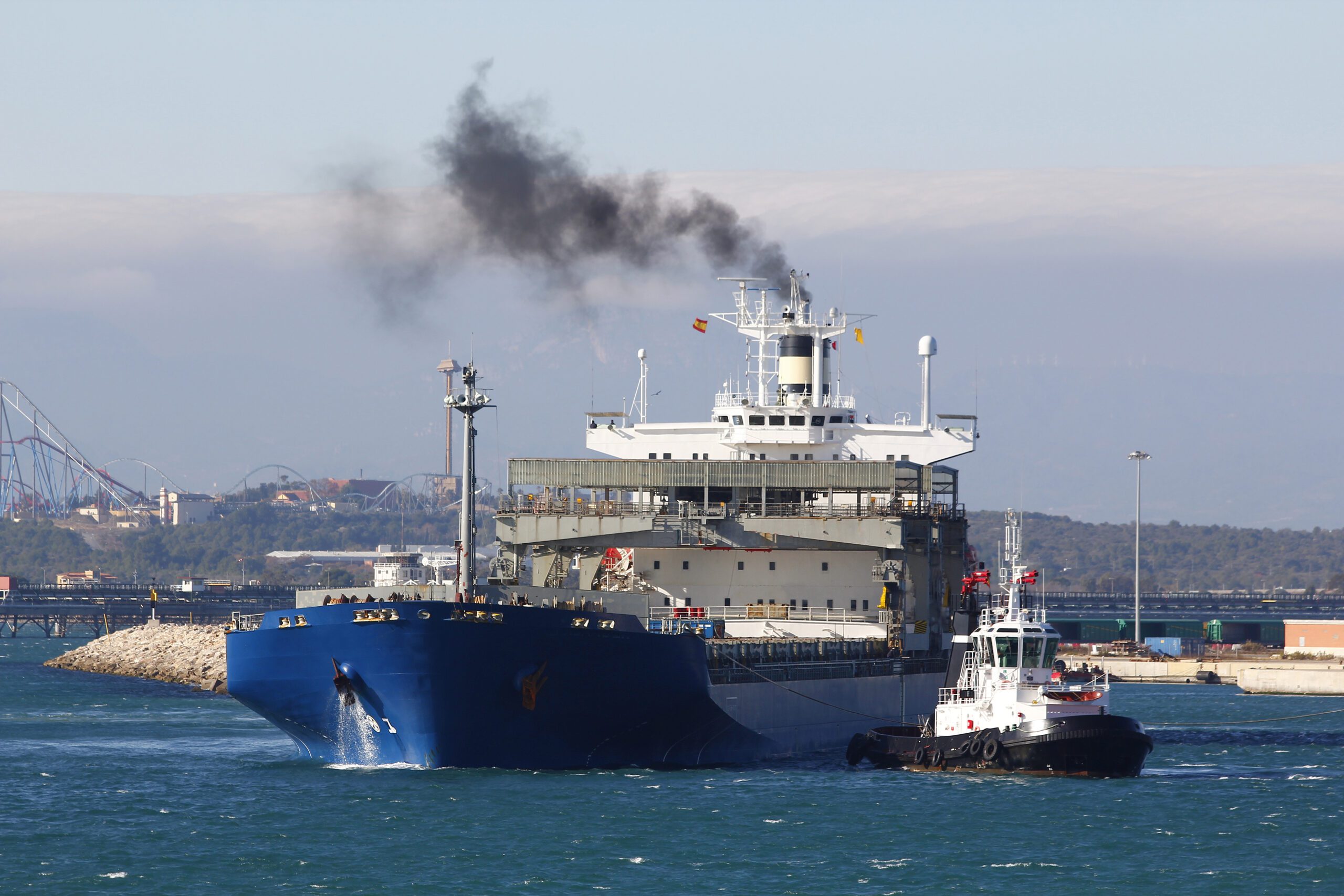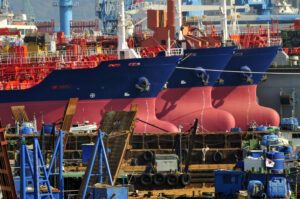Shipping could reduce carbon emissions by up to 23% and as much as 30% by 2030 if European policymakers required ships to achieve top performance (A, B) in climate label Carbon Intensity Indicator (CII), a new study found.
The new study under the name “CII and EU Maritime Decarbonization”, conducted by research centre CE Delft for Environmental Defense Fund Europe, suggests that globally endorsed “Carbon Intensity Indicator” scheme, or CII, can drastically reduce sector’s emissions if enforced correctly.
The study’s findings focus on a global scheme that will assign labels (A through E) to the world’s largest cargo ships according to their climate performance.
“Shipping’s global labelling scheme is a very useful decarbonisation tool, which the industry has spent more than two years preparing its vessels and operations for,” said Panos Spiliotis, Senior Manager, EU Transport at Environmental Defense Fund Europe.
“By properly enforcing it, the European Union and its Member States would be first movers in the race to reduce emissions from the world’s biggest ships and would boost newcoming industries for green fuels and energy saving technologies,” he added.
In accordance with the new study, EU could make use of Port State Control (PSC) powers to tighten enforcement and require ships calling at European ports to achieve the CII grades, necessary to achieve global climate goals.
Ships need these emission reductions to meet the International Maritime Organization’s (IMO) 2030 indicative target of a 20% reduction in emissions compared to 2008 levels.
The study also reveals that cargo ships, including containers, bulk carriers and tankers, can reach and maintain A and B grades by implementing climate-friendly vessel speeds, as well as using energy-saving technologies, sustainable biofuels and green e-fuels such as e-methanol and e-ammonia.
It is also suggested that further improvements to the CII will also help maximise its decarbonisation potential.
The CE Delft/EDF study refers to fully reflecting the potential of alternative fuels through a full lifecycle (Well-to-Wake) approach to greenhouse gas emissions.
In addition, CII can help enhance transparency by publishing the grades of individual ships so that cargo owners and investors can also take action and contribute to decarbonizing the thriving shipping industry.
The CII was adopted by the global shipping body International Maritime Organisation (IMO) and considers any grade above ‘E’ as compliant. Its enforcement is the role of Flag States, the jurisdictions under which individual vessels are registered.
“So far it is unclear what – if any – enforcement actions the industry’s largest Flag States, including Panama, Liberia and Marshall Islands will take against the most polluting ‘E’-grade ships,” the study adds.



